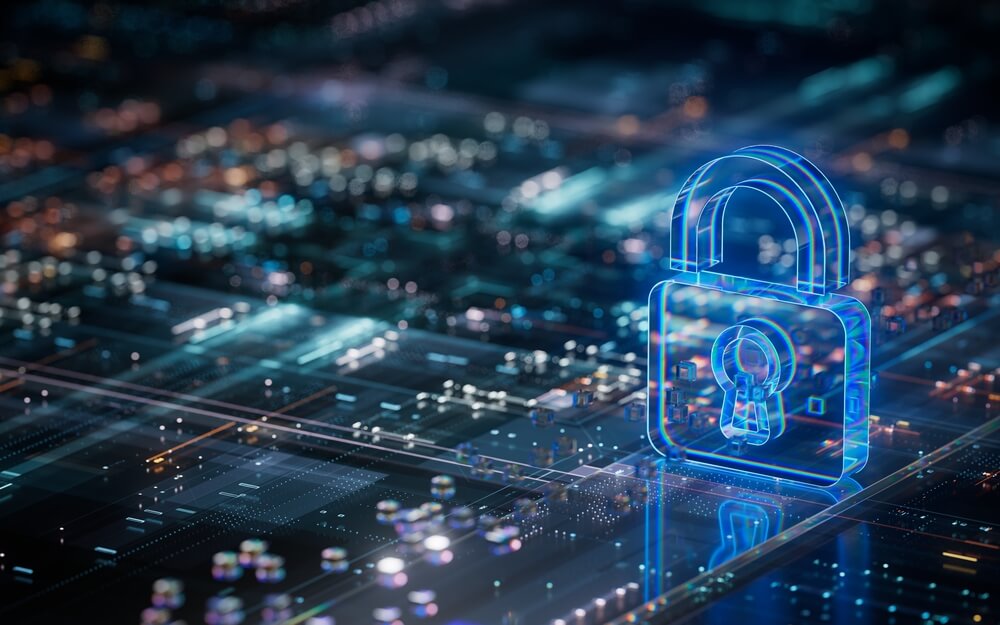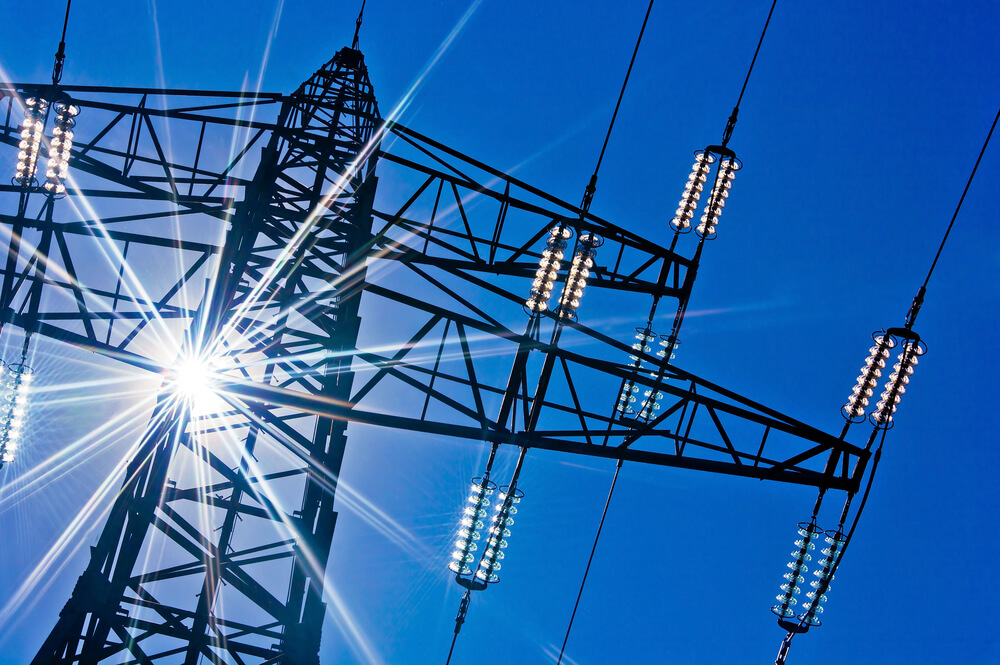
New Cybersecurity Certification for Defense Contractors Gets Underway
The Office of Management and Budget is set to finalize a federal acquisition rule that increases cybersecurity requirements for defense contractors.

The Office of Management and Budget is set to finalize a federal acquisition rule that increases cybersecurity requirements for defense contractors.

Investments by the U.S. in artificial intelligence signal a bold leap in defense modernization, but they also introduce new cyber risks.

The Department of Defense has an opportunity to rethink its traditional approach to protecting operational technology systems.

Applying the zero trust approach to information technology is familiar territory, but applying it to operational technologies is fundamentally different—and far more complex.

Technology now empowers us to precisely attribute the source of attacks. failing to respond is tacit acceptance of current and future attacks. We must escalate deterrence measures along with implementing cyber defenses.

The AUKUS agreement introduces a significant risk: the potential for cyber threats exploited by adversarial nation-states or others opposed to the mission of AUKUS.

Cyber-attacks are a growing danger to U.S. business. And of the panoply of cyber threats, ransomware plagues many industries and can lead to disastrous consequences for businesses that aren’t proactive in their cybersecurity approach.

The Biden administration’s decision to force the transition to electric vehicles overlooks several significant national security risks that provide a lot of leverage to China.

U.S. critical infrastructure is under threat, yet for most policymakers it is not the urgent focus that it should be.